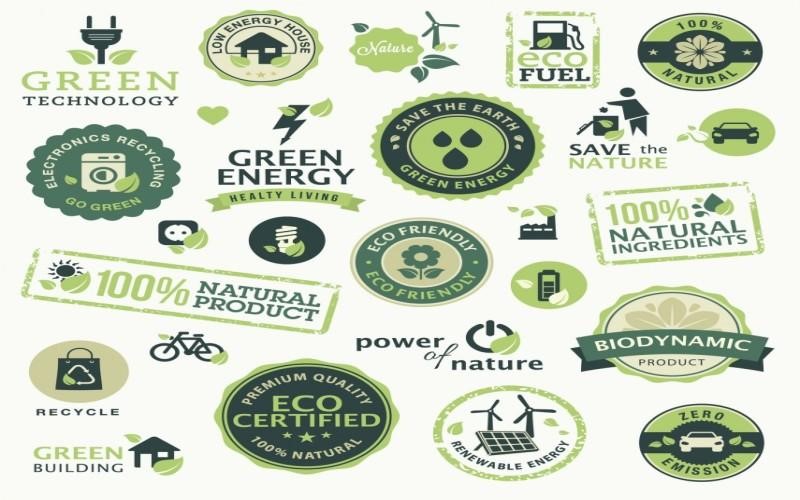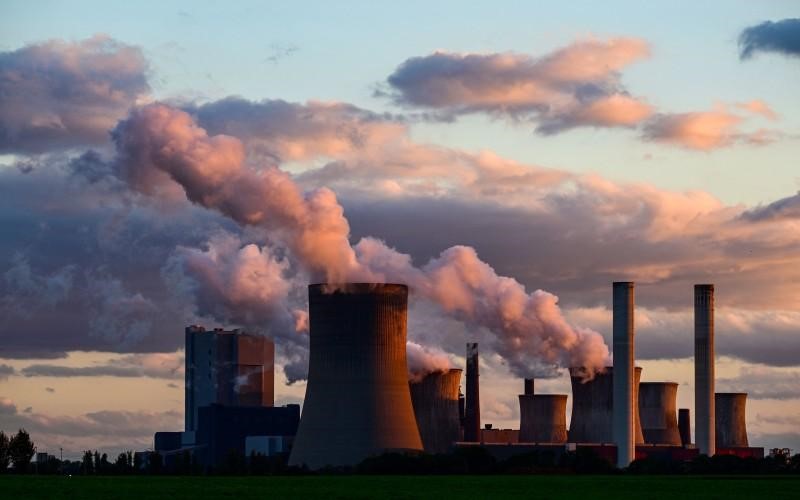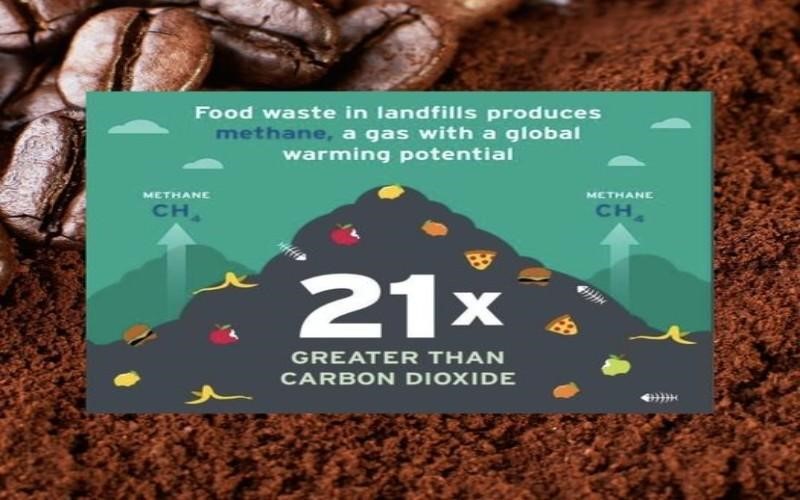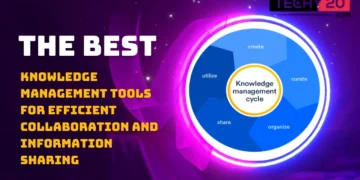Climate change and global warming are two of the top global issues facing mankind. In the quest to solve it, every single contribution from every being on this planet matters. Green technology stands among the many solutions that can be handled by the common man. However, what exactly is green technology? Is it green? Is it tech? Green technology is all those methods that encourage sustainability, are eco-friendly, produce zero waste, and do not harm the earth in any way.
1. What Comes Under?
Green technology produces no waste, is sustainable, and meets common demands just the same. Instead of the fossil fuel industries, which produce electricity, clean energies like solar, wind, hydro, marine, etc. produce electricity without any waste generation. Other acts like recycling, waste incineration, composting, and vertical farming are also part of this technology.
2. What For?
The Industrial Revolution has granted us uncountable things, but at the heavy price of climate change. Green technology helps soothe this damage. It repairs the damage that has been done to some extent. Since it doesn’t produce any waste products or carbon emissions, it protects our environment. Green technology solely operates on clean energies like wind or solar; it doesn’t use any kind of fossil fuel, which we know to be limited. Thus, the use of green technology helps preserve the natural resources of the earth.

3. Budget
Governments and various companies are now encouraging clean acts. They are funding environmental projects. The Indian government has set aside a budget of Rs 35,000 crore from the national budget for capital investment in net zero objectives, energy transition, and energy security this year. These funds would be used to build solar power plants, wind plants, and other sustainable projects. The US budget invests $4.5 billion in clean energy across America, bringing jobs to rural communities and cities.

4. Carbon Emissions
A tyre recycling factory produces 10 tonnes of carbon and pollutes the air in just one day. In 2021, India is reported to have emitted 3.9 billion metric tonnes of carbon dioxide equivalent (GtCO2e), accounting for roughly seven percent of the total global emissions. Green technology can help reduce this massive number to some extent. Various acts like waste incineration can help keep the pollution from the fossil fuel industries in check.

5. Is Methane More Deadly Than Carbon?
More often than not, we forget that methane is also a GHG. And it is more dangerous than carbon. It stays in the atmosphere for more than a decade without budging. Hence, it continues to make the earth warmer. Methane is primarily produced by kitchen waste dumps. Composting these waste products can reduce global warming to a great extent.

6. Nuclear Energy Is Safer
Nukes are not just made for war. It can be used for clean electricity production. One piece of uranium is equivalent to a tonne of coal and 500 litres of oil. It can power a house for four months. And in contrast to common beliefs, it is 250 times safer than coal or oil power plants.

7. Drive Clean
Instead of gasoline-driven vehicles, which are the main contributors to carbon emissions, electric vehicles are better options. These vehicles run on batteries. They don’t negatively affect the environment. It produces zero emissions.

8. Recycling
Recycling converts waste materials into reusable items. It saves money and energy and reduces GHG emissions. It reduces the need for natural resources. It prevents millions of tonnes of material from going into landfills.

9. Upcycling
Upcycling is recycling and reusing in a way that increases the value of the product. It is a simple act. A broken chair? Make something else out of it. Torn cloth? Mend it with beautiful embroidery. It can reduce the extraction of natural resources and decrease the value of the product. It is a simple act. A broken chair? Make something else out of it. Torn cloth? Mend it with beautiful embroidery. It can reduce the extraction of natural resources, landfills, and carbon emissions.
10. Solar
Solar energy is the greatest boon for humanity. It is basically an energy-free boon for humanity. It is basically energy-free. This free energy can be utilised in our greatest favour. Clean electricity produced through it can power thousands of houses. Solar energy is portable enough that it can be installed in most households. It is enough to meet the demands of houses. Large-scale plants like those in the Emirates and Rajasthan, India, can supply clean energy to thousands of houses.
11. Wind
Wind energy, like solar energy, is free and can be utilised for our betterment. High windmills are built to contact the air without any obstacles. Karem, a researcher in Istanbul, built smaller mills at the side of the road. And literally, the air that ruins our hairstyle while in a vehicle powers multiple houses. It is sustainable and produces zero waste.

12. Vertical Farming
Vertical farming is common in cities as it requires less land and less water. It can easily be done at home. You can always reach out for your own fresh veggies. It also allows the production of greater and larger varieties of crops. It causes no harm to wildlife since it takes up limited space.

13. Hydrogen
Hydrogen is the single-proton, most abundant element in the universe, and yet it can be used in a simple manner to produce renewable energy. In a fuel cell, hydrogen energy is directly converted into electricity, with only water as a by-product. Hydrogen, therefore, is an energy carrier that is used to move, store, and deliver energy produced from other sources.

14. Green Cloud, Clean Cloud
Storage space in electronic devices is not virtual. It is space and requires energy, if not in the devices but in the distant servers, and it consumes a lot of energy and power. This consumption is often neglected. Thus, something as simple as deleting your older emails from the cloud can help save power and energy.

15. Ways You Can Save The World!
You can save the world, but you don’t need to be bitten by a radioactive spider or acquire any kind of superpower. Simple acts like measuring your carbon footprints, going zero-waste, going carbon neutral, and even as simple as walking to the convenience store instead of riding a motorcycle or turning off the tap while not in use Even the smallest act counts.

16. Let’s Talk About Money
The use of renewable energies reduces the wrenching bills. The cut in payments can be very significant. In fact, the use of solar panels in houses cuts down on bills completely. In workplaces, green technology increases productivity, promotes social responsibility, improves the budget, and induces tax benefits.

17. Waste-to-Energy
Organic waste from commercial and residential sources is converted into usable energy. This involves many processes, like hydrothermal processing and anaerobic digestion. The government has launched several policies and programmes to facilitate the process.

18. Jobs
Green technology is taking over a major part of the market. And a lot of businesses and organisations are recognising its values, resulting in a lot of job offers. Governments are funding projects to create jobs in this sector, attracting young minds to contribute to the betterment of the earth.

19. Productivity
Business benefits so much from green energy usage. Analysing the operations reveals efficiency opportunities. Another factor is that employees become happier and more satisfied at work. And both of these lead to better productivity.

20. Astounding Achievement
Young enthusiasts around the world are creating ways to fight climate change. Tejas Sidnal, an architect, found a way to store polluted air in tiles. Ido and Simrit, marine biologists, built concrete that sustains marine life. Sharon, a chemical engineer, created biodegradable plastics. Many young minds around the globe are coming forward to solve global issues. The future still holds hope for its betterment.
























